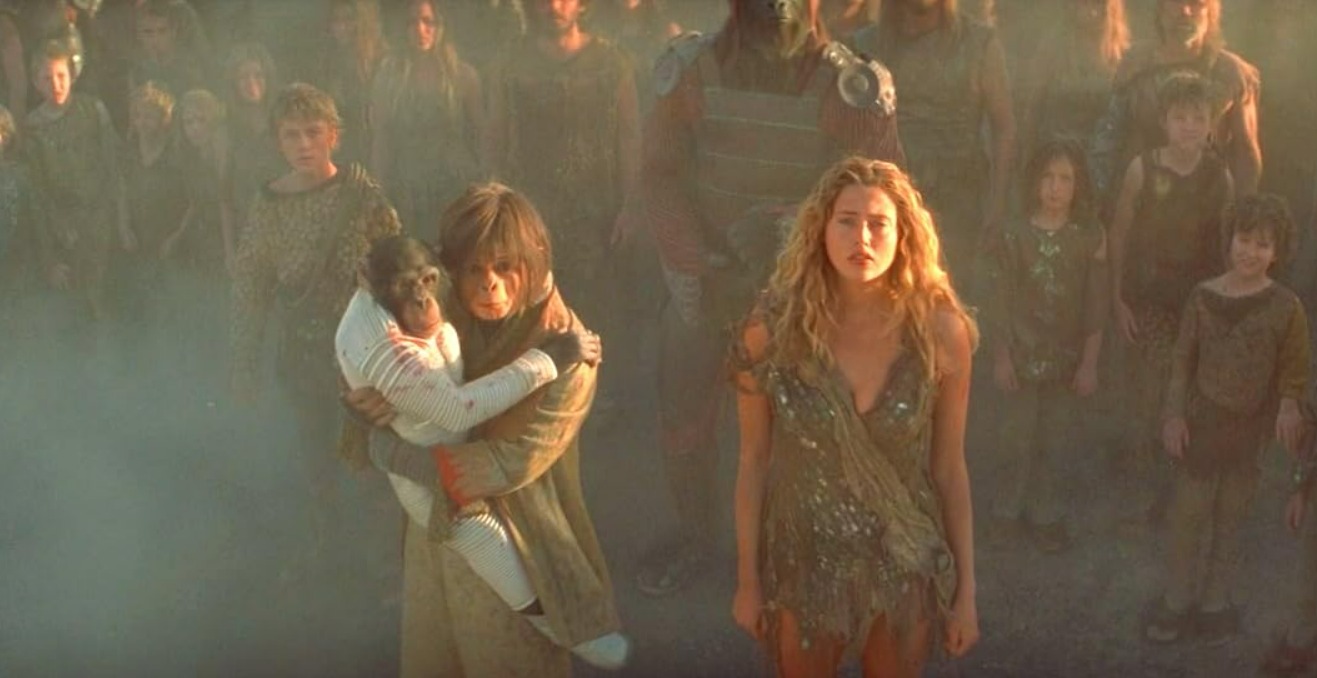Planet of the Apes (2001)
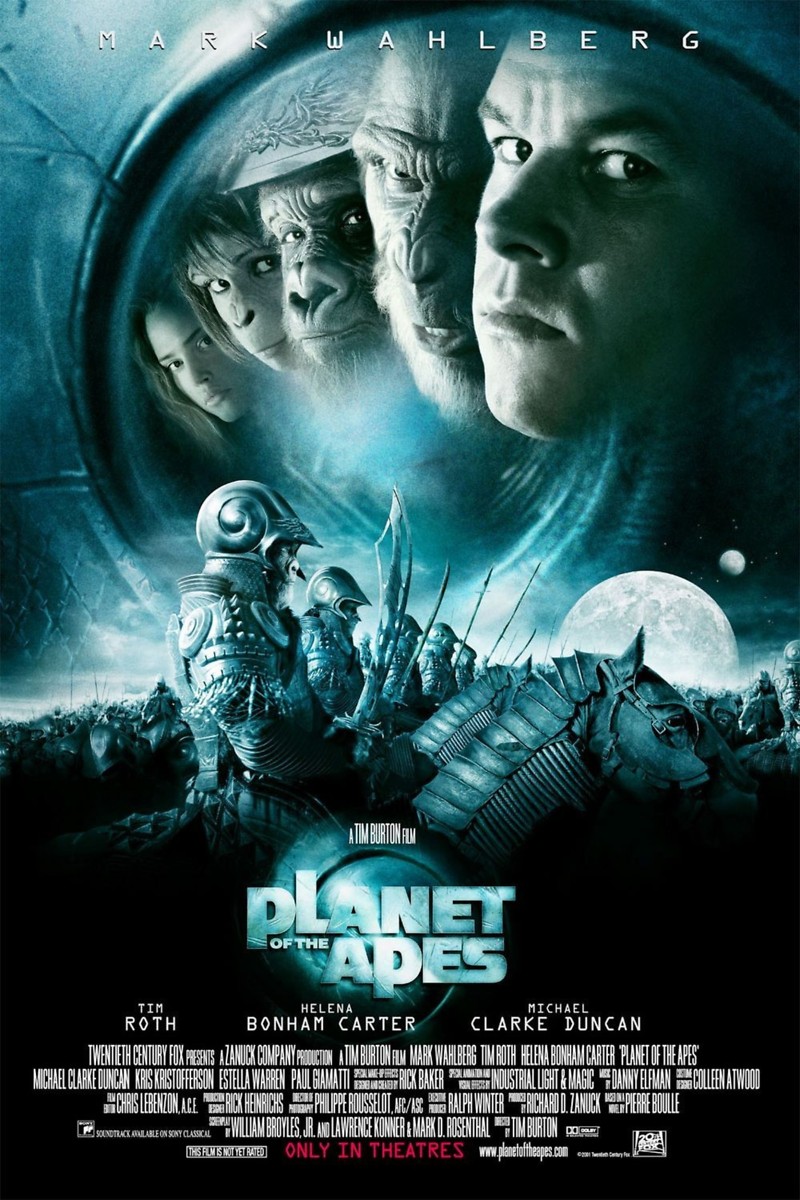
“Planet of the Apes,” directed by Tim Burton, is a science fiction film set in the year 2029. The story begins with astronaut Leo Davidson working on the Oberon space station, where genetically enhanced apes are trained for space missions. When a reconnaissance mission involving a chimpanzee named Pericles goes awry, Leo takes it upon himself to retrieve the lost chimp by piloting a space pod into an electromagnetic storm.
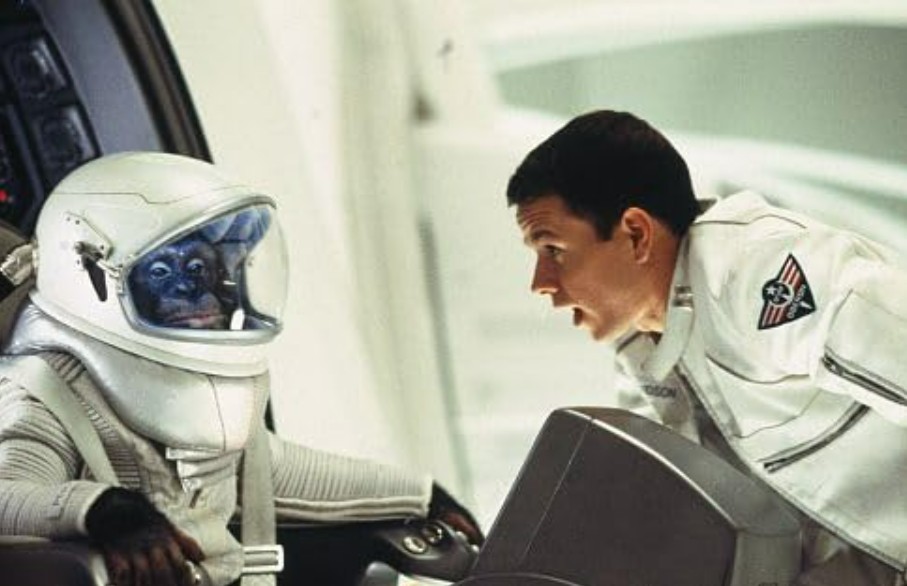
Leo crash-lands on a mysterious planet ruled by intelligent apes who subjugate humans. Captured by the ape army, Leo encounters a variety of ape leaders, including the tyrannical General Thade and the more sympathetic Ari, who believes in human rights. Ari helps Leo and a group of human rebels, including Daena, escape captivity.
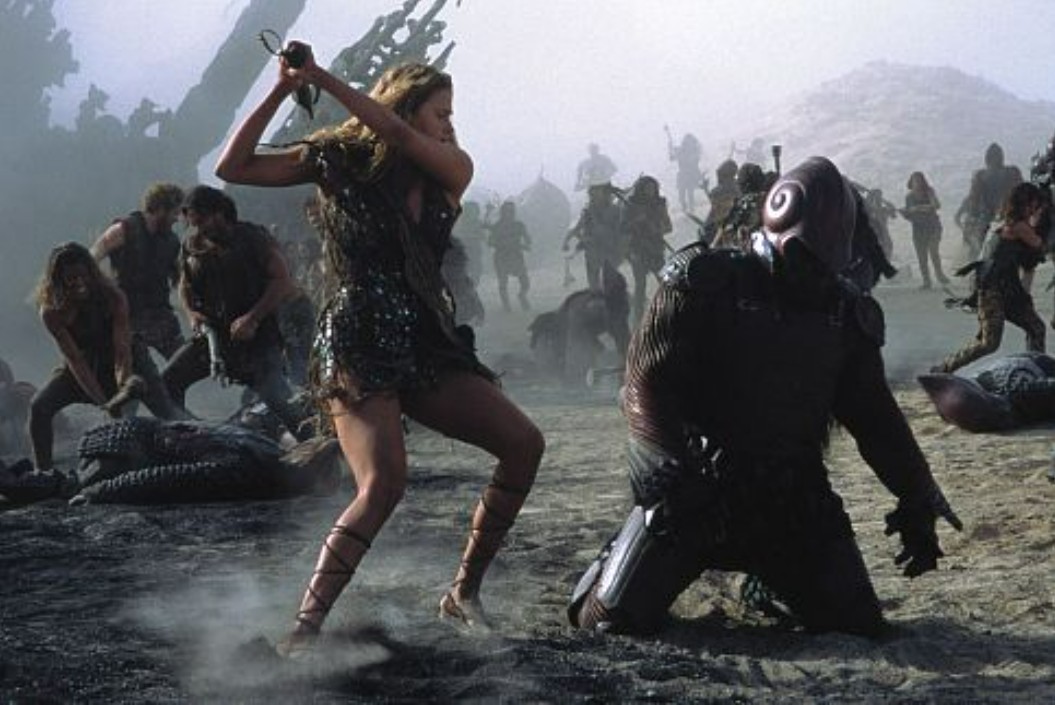
As Leo searches for a way back to his own time and place, he discovers the truth about the planet’s history. The Oberon had also crashed on the planet centuries earlier, and its surviving crew established a civilization where apes eventually evolved to dominate humans. Leo’s journey culminates in a climactic battle at the ruins of the Oberon, where he uses the ship’s technology to defeat Thade.
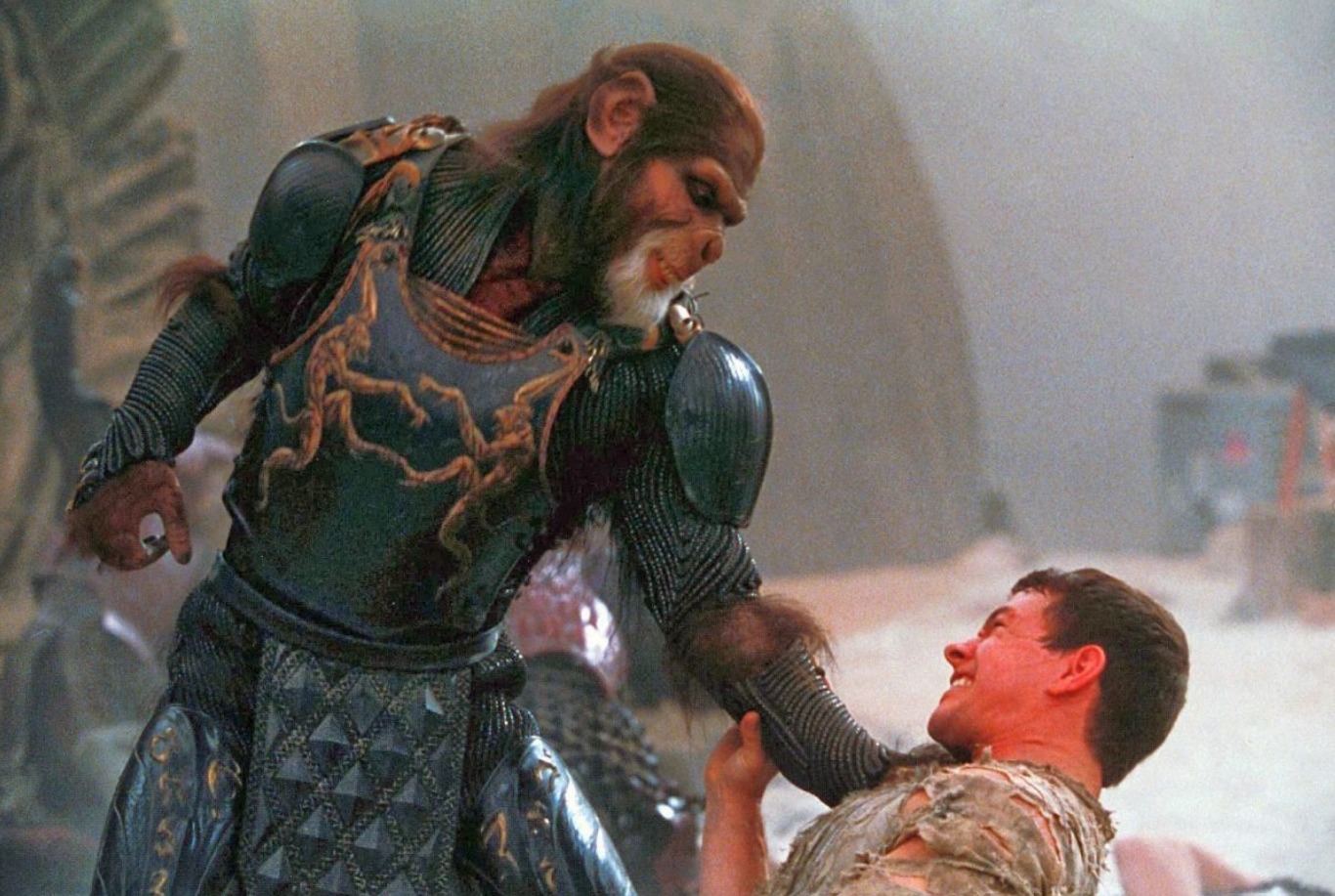
In a twist ending, Leo manages to return to Earth through another electromagnetic storm, only to find that it, too, is now ruled by apes. The film concludes with Leo standing before a statue of General Thade in Washington, D.C., hinting at the far-reaching consequences of his journey.
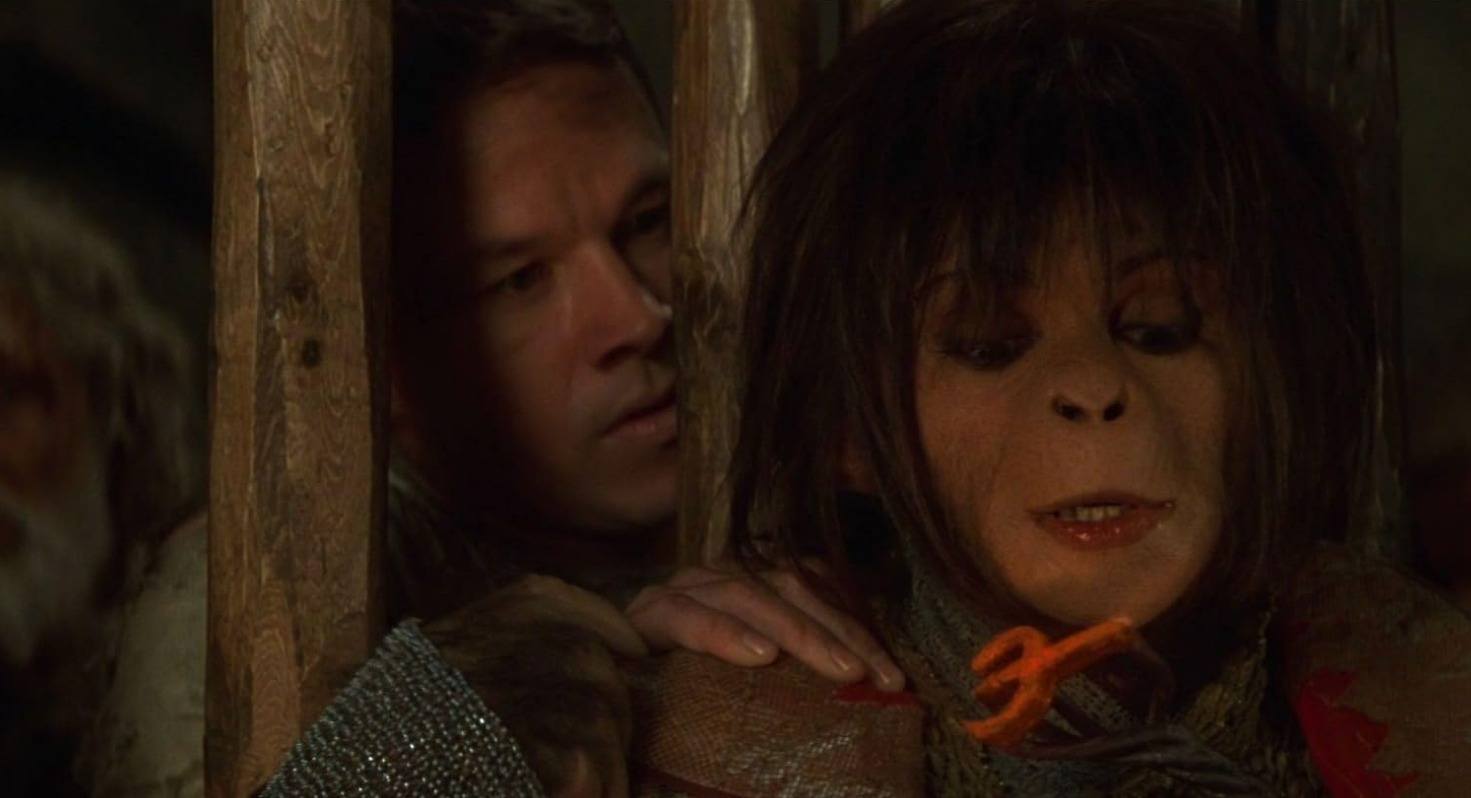
“Planet of the Apes” explores themes of power, freedom, and the cyclical nature of history. The film combines thrilling action sequences with thought-provoking social commentary, examining the dynamics between oppressors and the oppressed in a dystopian world where the roles of humans and apes are reversed.
